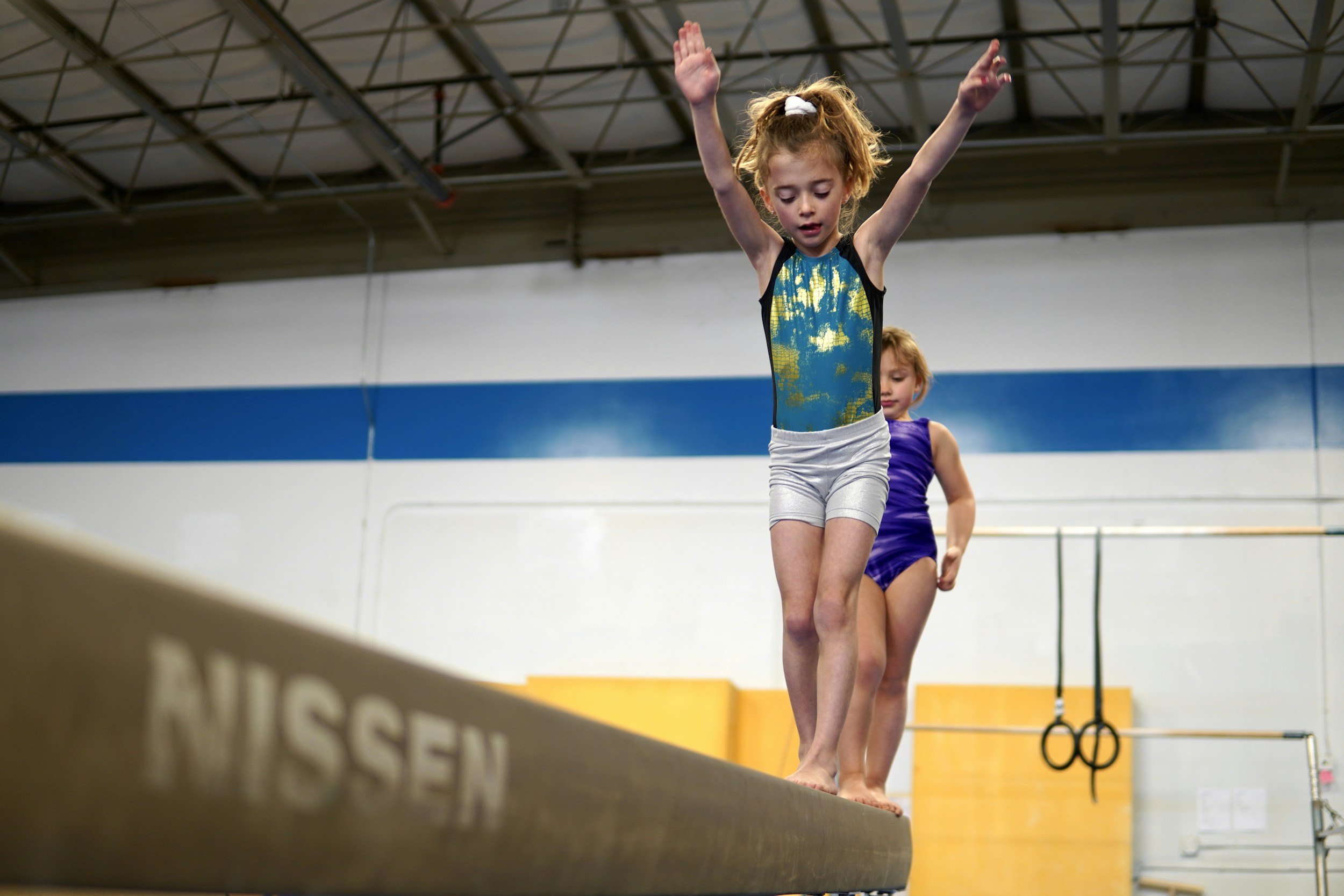
Welcome to my Blog
Thank you for stopping by. This space is where I share research, reflections, and practical tools drawn from my experience as a marriage and family therapist with an international practice.
I write about what happens to desire, attachment, and meaning once the early myths stop working.
Are you a couple looking for clarity? A professional curious about the science of relationships? Or simply someone interested in how love and resilience work? I’m glad you’ve found your way here. I can help with that. I’m accepting new clients, and this blog is for the benefit of all my gentle readers.
Each post is written with one goal in mind: to help you better understand yourself, your partner, and the hidden dynamics that shape human connection.
Grab a coffee (or a notebook), explore what speaks to you, and take what’s useful back into your life and relationships.
And if a post sparks a question, or makes you realize you could use more support, I’d love to hear from you. Let’s explore the scope of work you’d like to do together.
Be Well, Stay Kind, and Godspeed.
~Daniel
P.S.
Feel free to explore the categories below to find past blog posts on the topics that matter most to you. If you’re curious about attachment, navigating conflict, or strengthening intimacy, these archives are a great way to dive deeper into the research and insights that I’ve been sharing for years.
- Attachment Issues
- Coronavirus
- Couples Therapy
- Extramarital Affairs
- Family Life and Parenting
- How to Fight Fair
- Inlaws and Extended Families
- Intercultural Relationships
- Marriage and Mental Health
- Married Life & Intimate Relationships
- Neurodiverse Couples
- Separation & Divorce
- Signs of Trouble
- Social Media and Relationships
- What Happy Couples Know
Contempt Predicts Divorce. But What Protects Marriage? The Case for Admiration.
We have mapped attachment.
We have mapped regulation.
We can diagram conflict cycles in our sleep.
We can predict divorce from micro-expressions.
We can identify the autonomic surge that precedes escalation.
Couples therapy is no longer naïve.
And yet something structurally obvious remains under-theorized.
Stable couples tend to admire each other.
Not occasionally.
Not nostalgically.
Structurally.
The field speaks often about contempt. It speaks far less about admiration.
That asymmetry matters.
Because contempt predicts divorce with disturbing reliability, as demonstrated in the longitudinal research of John Gottman and Robert Levenson (1992, 2000). Contempt is not simple anger. It is moral superiority — a downward appraisal of the partner’s worth.
If contempt corrodes, admiration reinforces.
And reinforcement deserves equal theoretical weight.
The Discipline of Admiration: Why Long-Term Marriages Collapse Without It
Modern marriage does not usually explode.
It erodes.
The erosion begins in perception.
The partner who once felt singular becomes familiar.
The familiar becomes predictable.
The predictable becomes administratively useful.
Useful is not the same as beloved.
Beloved is not the same as admired.
We have constructed an entire therapeutic language around injury — attachment wounds, trauma narratives, emotional attunement failures. We are fluent in rupture.
We are less fluent in reverence.
Here is the claim, without hedging:
Where admiration collapses, contempt organizes.
Not dramatically.
Structurally.
My Wife Is Hotter Than My Coffee: The Psychology of Beauty, Power, and Marriage
A new client from New York opened our intake call with this:
“Daniel, I gotta warn you. My wife is hotter than my coffee. And I want to talk about how hard that is sometimes.”
I believed him.
Not because of the coffee.
But because there is an entire body of social science showing that beauty is not neutral inside relationships.
It alters perception. It shifts power. It changes how partners feel about alternatives, jealousy, investment, and security.
What follows is not gossip.
It is research.
Two Roads to Alcoholism: Trauma, Genetics, and the Timing of Addiction
Alcoholism is not a single disease with a single origin.
It is a convergence point — where trauma, temperament, and time intersect.
A recent study published in Drug and Alcohol Dependence suggests something clinicians have long sensed but rarely articulated clearly: the timing of Alcohol Use Disorder (AUD) matters.
Some people are pulled into alcohol dependence early, often in the aftermath of childhood trauma.
Others develop it later, sometimes without an obvious trauma narrative — but with a biological vulnerability that unfolds gradually.
Two roads.
Same bottle.
Different beginnings.
How Many Times Do People Fall in Love? New Research Says Twice — Here’s What That Really Means
“Twice in a lifetime.”
It sounds poetic. It sounds scarce. It sounds like something you would confess near the end of your life.
But according to a large U.S. survey published in Interpersona, most Americans report experiencing passionate love an average of 2.05 times across their lifespan (Gesselman et al., 2024).
Two.
Not every decade.
Not every partner.
Not every time someone makes your pulse quicken.
Two.
If that number is even approximately accurate, then much of what we casually call “falling in love” is something else.
Inclusive Gymnastics for Neurodivergent Kids: What SpectrAbilities-Style Programs Actually Offer
There is something quietly subversive about a gym that says, without fanfare:
“We will adjust.”
Not adjust the child.
Adjust the room.
Programs often described as SpectrAbilities-style adaptive gymnastics are built around that premise.
They are designed for children who experience the world a little differently — children with autism spectrum profiles, ADHD, sensory processing differences, motor delays, social anxiety, or simply a nervous system that does not thrive in loud, fast, comparison-heavy environments.
These programs are not competitive pipelines. They are not performance factories.
They are structured movement environments built around access.
Let’s talk plainly about what that means.
Thou Shalt Not Covet: The Psychology of Admiration Drift and Infidelity
There is a famous line from Esther Perel that I have long admired.
When speaking about infidelity, she notes that the Judeo-Christian tradition offers not one but two commandments against it:
The sixth commandment; Thou shalt not commit adultery.
and the ninth commandment; Thou shalt not covet thy neighbor’s spouse.
One forbids the act.
The other forbids the thought.
It is a psychologically sophisticated distinction.
And modern research is now studying what the ancients already understood.
The First Hard Question in a New Relationship (It’s Not About Chemistry)
Most partners begin a relationship by asking:
“Do they like me?”
“Is this going somewhere?”
“Are we compatible?”
These are trajectory questions.
They are not structural questions.
The first hard question in a new relationship is this:
Am I becoming more coherent here — or more fragmented?
That is the diagnostic.
Not chemistry.
Not attraction.
Not intensity.
Coherence.
The Discipline of Admiration: Why Long Marriages Rise or Fall on Esteem
Admiration is not chemistry.
It is not infatuation.
It is not the electric volatility of early attraction.
Admiration is the refusal to psychologically demote one’s partner.
And in long partnership, that refusal must be disciplined.
Most couples begin with admiration because mystery supplies it. Very few understand that once mystery fades, esteem must be governed.
Left unattended, the human mind drifts toward critique.
Not merely because we are vigilant.
Because critique confers superiority.
And superiority, even when subtle, corrodes respect.
Is Polyamory Right for You? A Psychological Capacity Checklist
There are three common mistakes therapists make with consensual non-monogamy (CNM).
They pathologize it.
They romanticize it.
Or they tiptoe around it.
None of those are clinical positions.
The task is not to decide whether polyamory is enlightened or regressive.
The task is to determine whether the partners attempting it possess the psychological capacity to metabolize its complexity.
Polyamory does not increase relational complexity.
It reveals it.
And revelation is rarely gentle.
Can a Marriage Survive After Hiring a Private Investigator? What Therapy Reveals About Infidelity Repair
You are sitting at a table.
There is an envelope.
Inside it are photographs, timestamps, call logs, hotel receipts, GPS pings — the quiet machinery of fact.
Suspicion is vapor.
Documentation is concrete.
When a private investigator confirms infidelity, the injury is not simply sexual. It is neurological. It is epistemic. It is relational shock at scale.
And this is where most couples misunderstand what happens next.
They assume the report destroyed the marriage.
It didn’t.
The behavior did.
The report ended ambiguity.
Destiny Is a Dangerous Idea in Love
There are two dominant ways people understand love.
Some believe love is found.
Others believe love is built.
That distinction is not poetic. It is predictive.
A 2025 study published in Personal Relationships found that folks who hold strong destiny beliefs — the belief that romantic partners are either “meant to be” or not — are significantly more likely to engage in post-relationship contact and tracking behaviors after a breakup.
Calling.
Messaging.
Monitoring social media.
Attempting proximity.
Especially when they believed their ex-partner was their soulmate.












